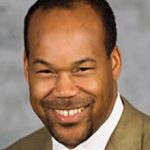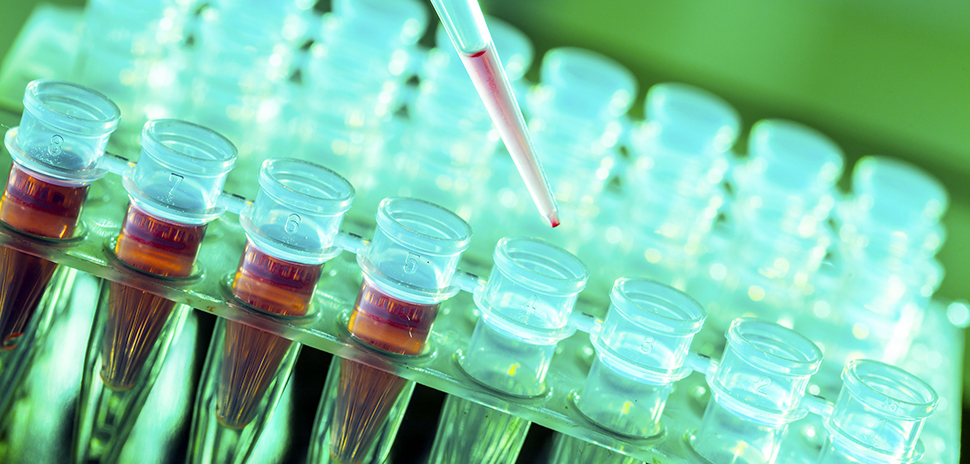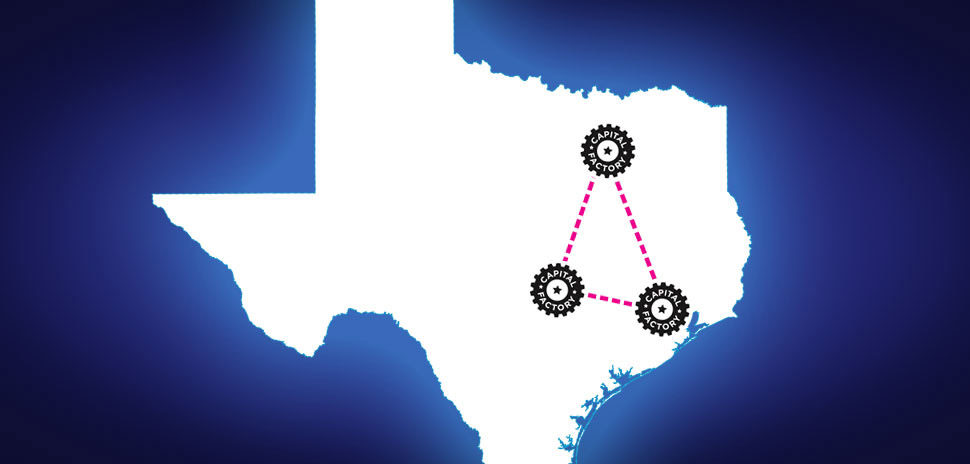Imagine the biosciences industry in North Texas as a petri dish full of organisms with the power to save lives and lead to breakthroughs that put the region on the map.

Harold Strong
It just needs an ecosystem that connects scaling companies to university researchers, funding, lab space, and corporations where these ideas can thrive.
That’s the idea behind the Medical Innovation Collaborative, a nonprofit hub founded in November.
“Ultimately, we want to build an ecosystem that supports biosciences and life sciences,” said Harold Strong, president and CEO of the MIC. “As companies graduate from these fabulous accelerators, we can keep them here, identify funding, facilities, and grow the talent so we can have the key contributors here.”
The timing coincides with the founding of the new Texas Christian University and University of North Texas Health Science Center School of Medicine, which will open to students next July. A big focus of the MIC will be on regenerative medicine, growing organs from adult stem cells, and mapping the human genome and using the data to predict health outcomes.
“It’s absolutely amazing what regenerative medicine can do,” Strong said. “The future is bright. DFW is perfect for this type of activity.”
“Ultimately, we want to build an ecosystem that supports biosciences and life sciences.”
Harold Strong
Cameron Cushman, director of the innovation ecosystem at UNTHSC, is on the front lines with companies going through clinical trials and government regulations.
“We love what Harold is doing. He’s a connector. He’s bringing companies, innovators, and relationships to North Texas that haven’t been here before,” Cushman said. “A company in the life sciences space is the hardest type of company to launch. You’re sometimes looking at a 10-year time horizon.”
Before he started working in academia, Cushman worked on the government side.
“We used to say, ‘To bring a new drug to market, the first pill costs $1 billion and the second pill costs less than a penny,”’ he said.
There are other existing groups working to unite the local life sciences community, such as bionorthTX, but Cushman doesn’t view this as competition.
“We need as many groups coordinating activities and focusing resources as possible. You can’t have enough,” Cushman said.
MIC LOOKING FOR AFFORDABLE BIOSCIENCES LAB SPACE
Ideas and innovations are great, but what’s missing in this region historically has been a proper lab space where these ideas can be tested and trials conducted, Strong said.
“If you do a poll on the available life sciences space with wet labs, hoods, it would be a really tough search,” Strong said. “We are actively looking for locations where we can build an affordable lab space to accompany the companies that are growing.”
The MIC hasn’t identified a space, yet, but it’s focusing attention on the Medical Innovation District and the Near Southside, both in Fort Worth.
But having physical space isn’t MIC’s main goal — it’s just part of it.
“We need the access to the industry to assist companies in landing in the marketplace so it can have a chance to be successful.”
Harold Strong
“We do have a few universities on our board, but we are actively engaged with most universities in the region and want to do more with the industry,” Strong said. “We need the access to the industry to assist companies in landing in the marketplace so it can have a chance to be successful.”
The TCU and UNTHSC School of Medicine is completing its curriculum, getting accredited, and hiring staff. It will open with about 60 students, but could ultimately have four classes totaling 240 students spread across the UNTHSC and TCU campuses.
Judy Bernas, associate dean and chief communication and strategy officer for the School of Medicine, said the school is meeting with large corporations so it can offer jobs to students.
“We need our medical school to really build partnerships with the industry so we can connect them with our students and faculty,” Bernas said. “We want to build the whole infrastructure for life sciences in this region.”
#DallasDiscovers: Follow our roundup of Dallas-Fort Worth R&D news on Twitter at @DallasInnovates.
![]()


































































